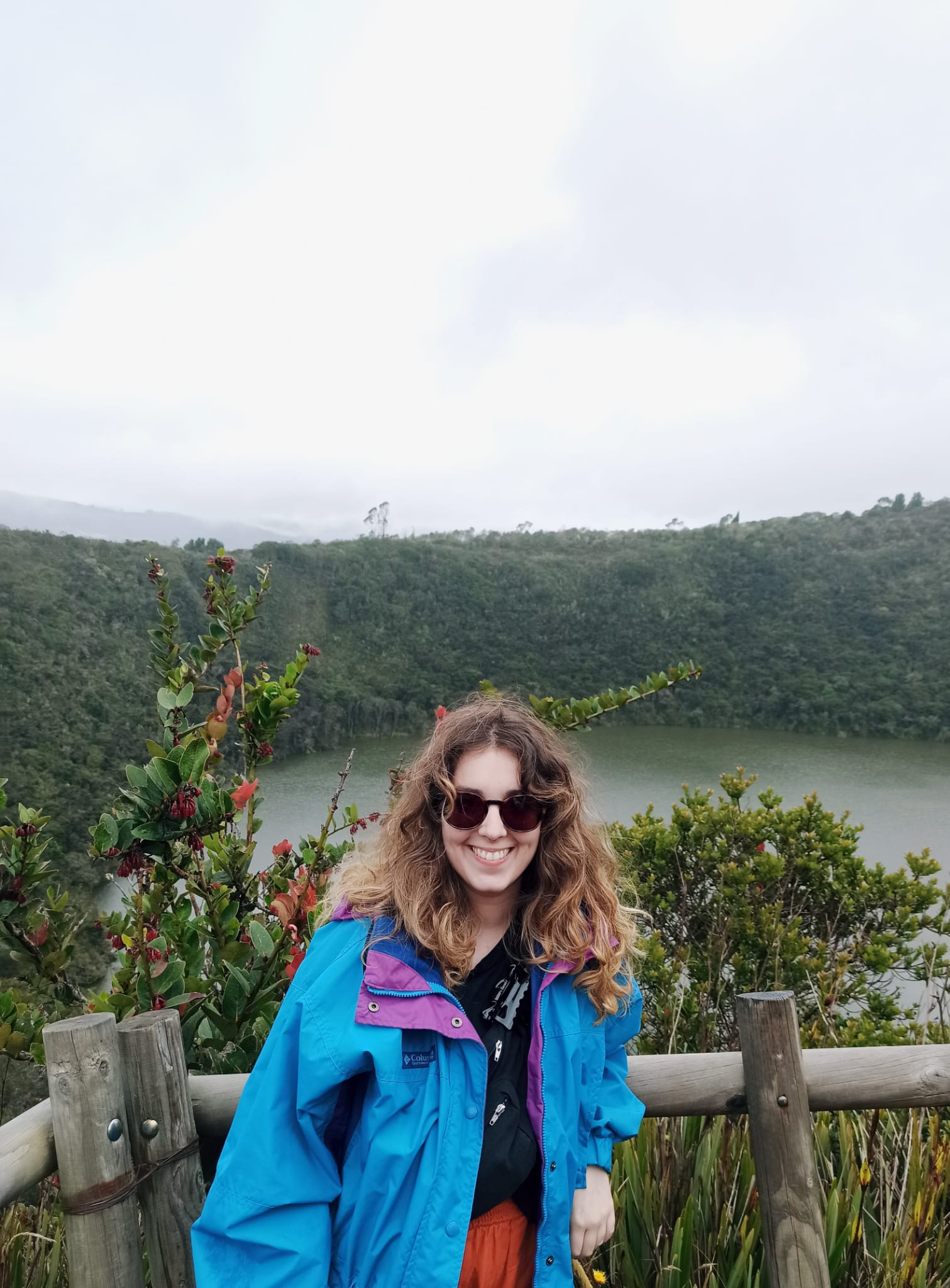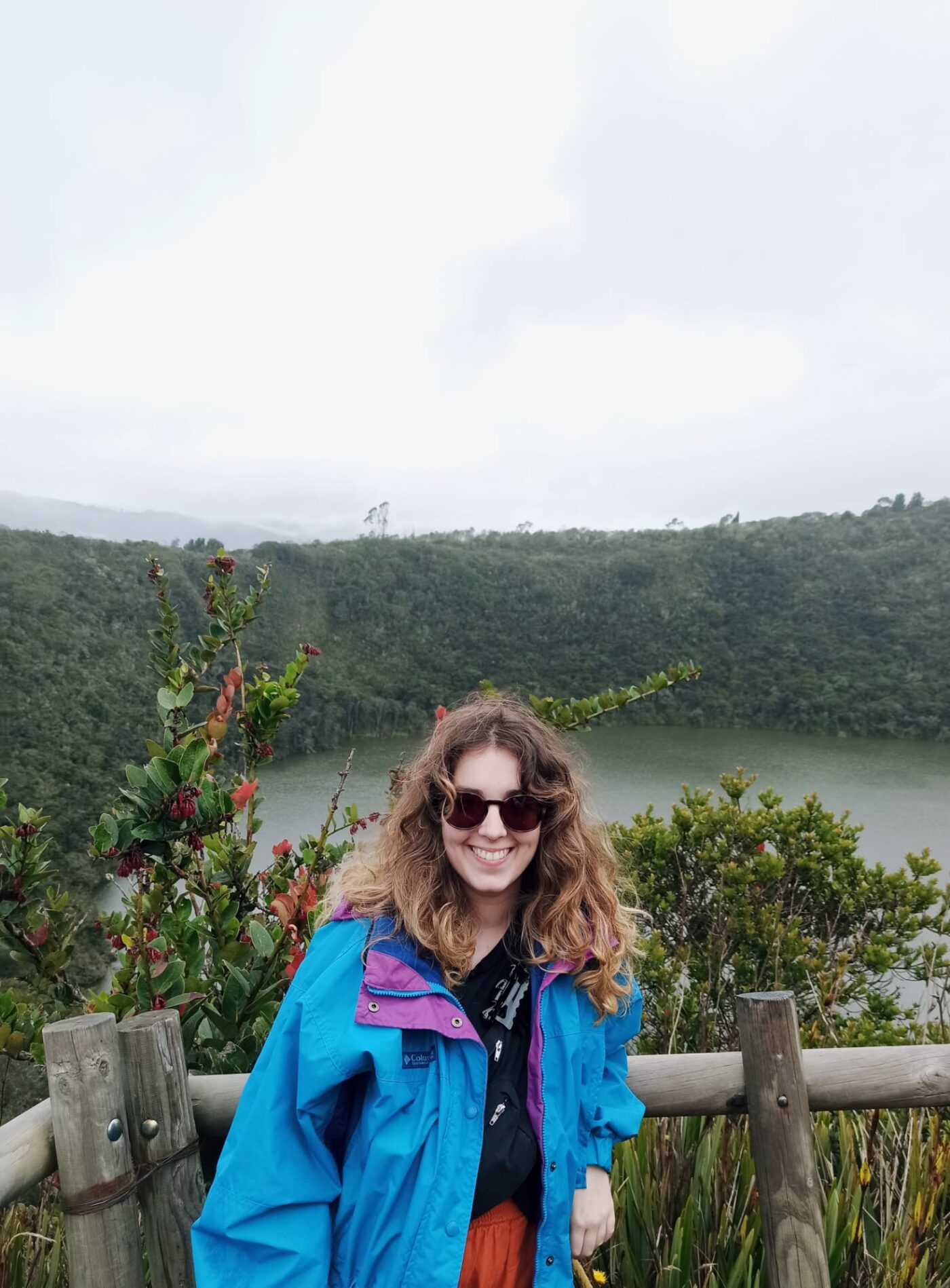My PhD research will ethnographically examine the lack of access to healthcare by and the stigma attached to Venezuelan migrant women in the Colombian border. It will critically reflect on the impact of different forms of violence on migrant women’s subjectivities and will analyse the healthcare and humanitarian actors’ attitudes towards these women and women’s strategies to live with, contest and/or transform their condition of stigmatization and vulnerability.
Against the background of a politics of abandonment and pathology at the Colombo-Venezuelan border, the project will interrogate the types of institutional, medical, and everyday forms of violence that migrant women are subjected to by being stigmatised as victims of sex trafficking. It will explore the response that humanitarian organisations have towards these vulnerable populations, and the medical discourse around them. The female body will be central to my analysis, theoretically addressed as a material-symbolic cultural construction, always in dispute, and as a remainder of pain and grief.
Situating fieldwork in the city of Cúcuta, at the Colombo-Venezuelan border, through participant observation and interviews, I will examine the different migration journeys that these women experience as constitutive of their migrant subjectivity. The project will address the under-researched aspect of stigma towards Venezuelan women at the Colombian border with a collaborative approach working with humanitarian organizations. It will unveil social processes such as different forms of violence within the healthcare system and the dynamics of human trafficking, and women’s strategies to contest them as political subjects.


